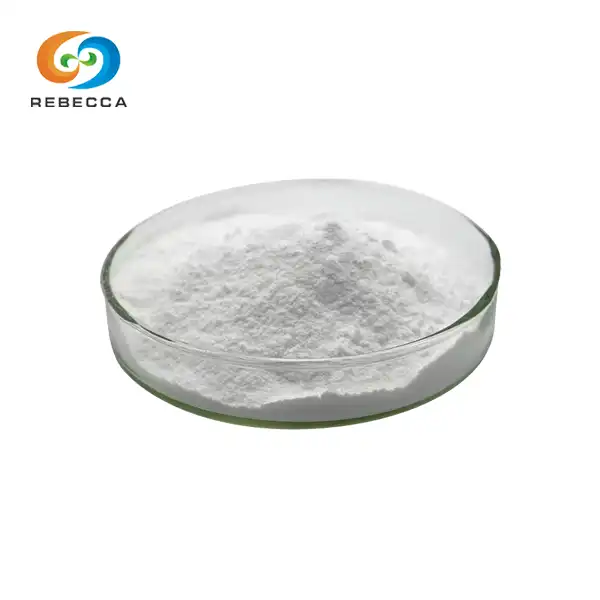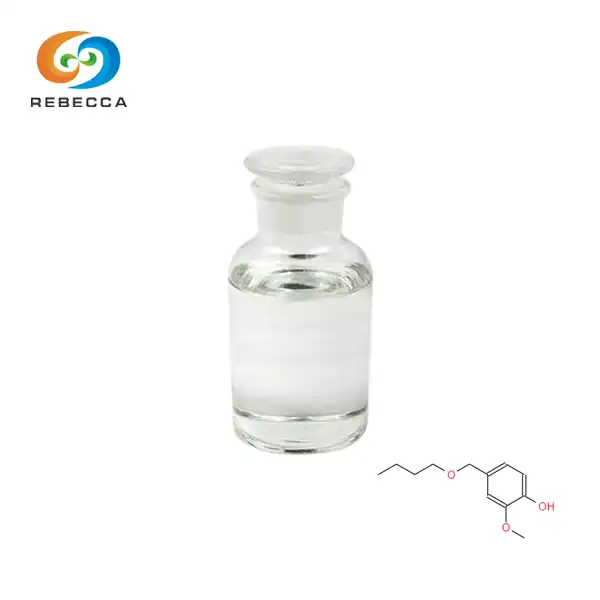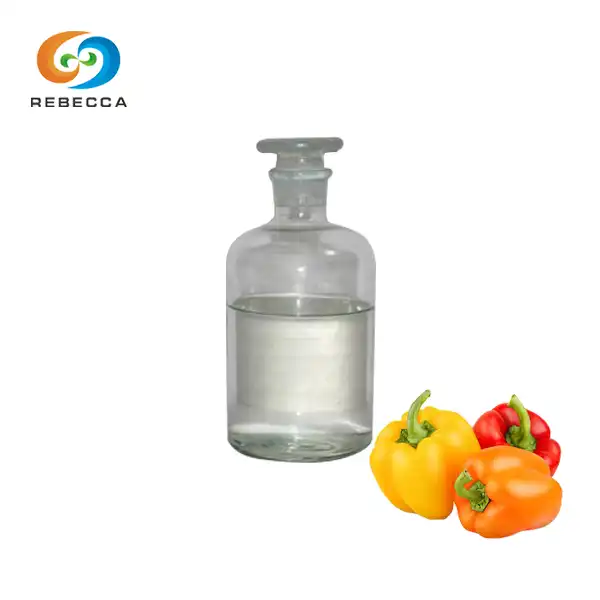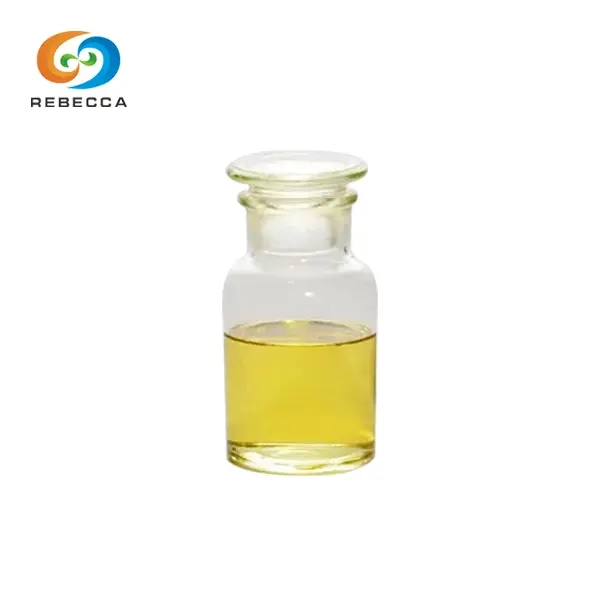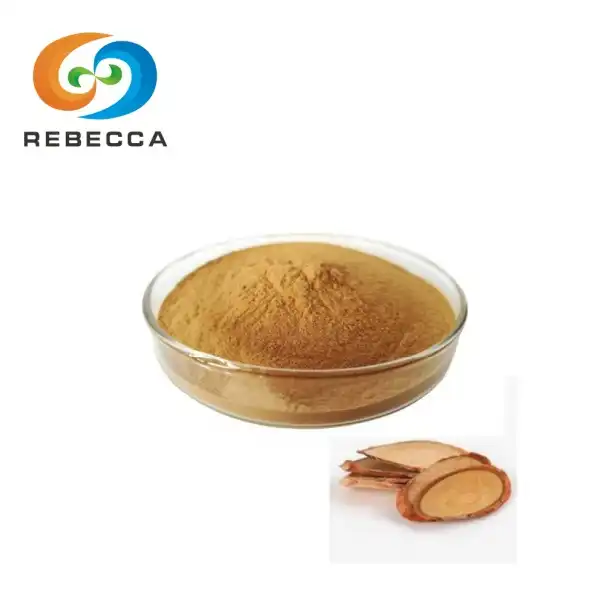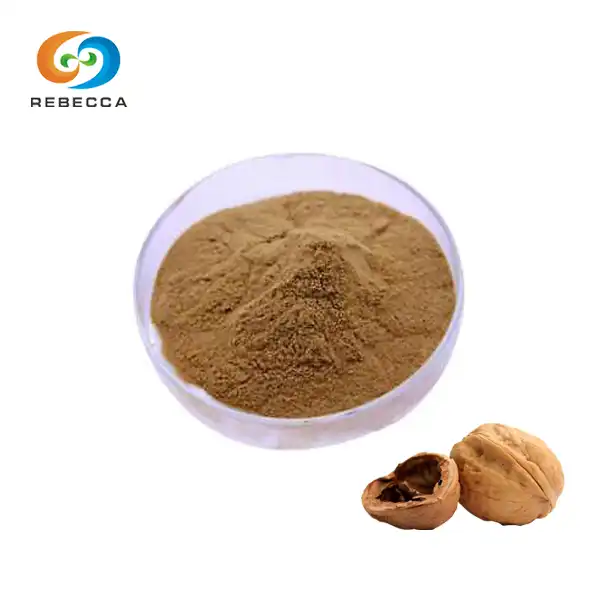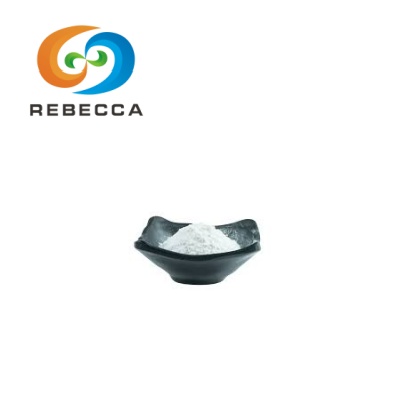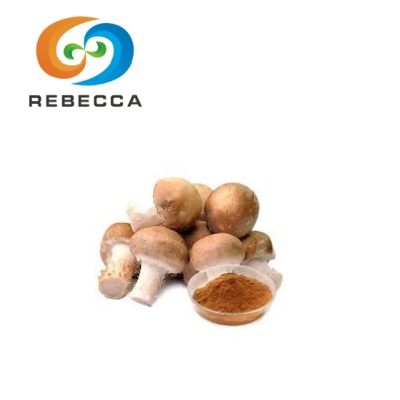Is beta-glucan a probiotic?
In the ever-expanding world of health and wellness, terms like "probiotics" and "beta-glucan" often surface in discussions about gut health, immune support, and dietary supplements. While both are associated with promoting well-being, confusion frequently arises about their roles and differences. A common question heard in health circles is, "Is beta-glucan a probiotic?" To address this, let's delve into the distinct characteristics of these two substances, with a particular focus on oat beta glucan powder, a widely studied form of beta-glucan with notable health benefits.
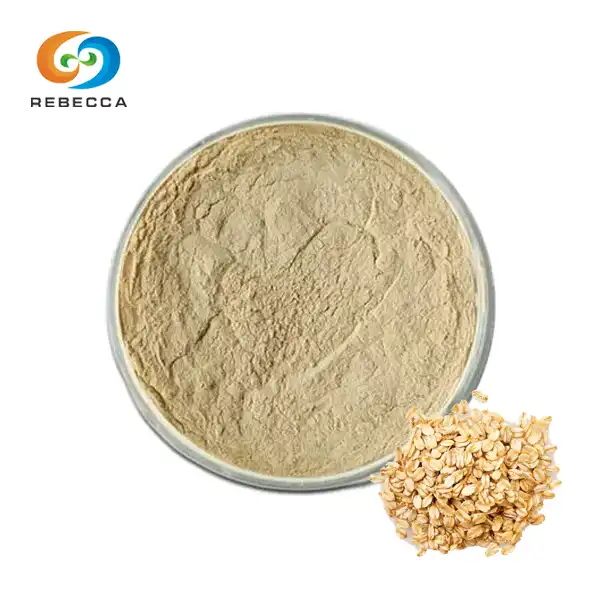
Product Name: Oat Extract, Oat Glucan, Oat Beta Glucan, Oat Glucan Powder
CAS No.9041-22-9
Specification: Oat Beta Glucan, 70%,80%,90%.
Appearance: White to light yellow powder
Latin Name: Avena Sativa L
Definition of Probiotics
Probiotics are live microorganisms that, when consumed in adequate quantities, provide health benefits to the host. These beneficial microbes primarily include bacteria such as Lactobacillus and Bifidobacterium, as well as yeasts like Saccharomyces boulardii. They are often found in fermented foods like yogurt, kefir, sauerkraut, and in supplement form. The World Health Organization (WHO) defines probiotics as "live microorganisms which, when administered in adequate amounts, confer a health benefit on the host."
The key attribute of probiotics is their viability—they must be alive to exert their beneficial effects. Once ingested, probiotics colonize the gut, helping to maintain a balanced intestinal microbiota. This balance is crucial for digestion, nutrient absorption, and immune function. Studies have shown that probiotics can alleviate symptoms of digestive disorders, boost the immune system, and even improve mental health by influencing the gut-brain axis.
It's important to note that different probiotic strains have specific functions. For example, Lactobacillus acidophilus is known for aiding lactose digestion, while Bifidobacterium bifidum supports gut barrier function. The effectiveness of probiotics also depends on factors such as the dose, strain specificity, and the individual's health status.

What is Beta-Glucan?
Beta-glucan is a complex carbohydrate, specifically a polysaccharide, found in the cell walls of various organisms, including fungi (such as mushrooms), yeasts, bacteria, and plants like oats and barley. Among plant sources, oat beta glucan powder has gained significant attention due to its well-documented health benefits and dietary applications. Chemically, beta-glucans consist of glucose molecules linked by beta glycosidic bonds, with the structure varying slightly depending on the source. For instance, oat beta-glucan is primarily composed of beta-1,3-/1,4-glucan, which gives it unique physical and biological properties.
As a non-living dietary fiber, beta-glucan is not a microorganism but a carbohydrate polymer. In the context of oats, beta-glucan is found in the endosperm of the grain, and it is this component that contributes to the viscous texture of oat-based foods like oatmeal. When consumed, oat beta glucan powder acts as a prebiotic, serving as a substrate for beneficial gut bacteria to ferment. Prebiotics are non-digestible compounds that promote the growth and activity of beneficial microorganisms in the gut, differentiating them from probiotics, which are the live microbes themselves.
Beyond its role as a prebiotic, beta-glucan has been studied for its immune-modulating effects. It interacts with immune cells, such as macrophages and dendritic cells, stimulating their activity and enhancing the body's defense mechanisms. Additionally, clinical research has shown that oat beta-glucan can help lower LDL cholesterol levels by binding to bile acids in the intestine, promoting their excretion, and reducing cholesterol reabsorption. It also aids in regulating blood sugar levels by slowing down the digestion of carbohydrates, making it a valuable ingredient for individuals managing diabetes.
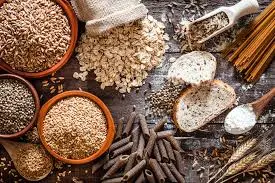
Key Difference Between Beta-Glucan and Probiotics
While both beta-glucan and probiotics contribute to gut health and overall well-being, their fundamental nature and mechanisms of action differ significantly.
Biological Nature: Probiotics are live bacteria or yeasts; their efficacy relies on their viability and ability to colonize the gut. In contrast, beta-glucan, including oat beta glucan powder, is a non-living polysaccharide. It does not colonize the gut but instead acts as a dietary fiber with bioactive properties.
Mode of Action: Probiotics exert their effects by directly introducing beneficial microbes into the gut, competing with harmful bacteria, producing short-chain fatty acids, and enhancing gut barrier function. Beta-glucan, as a prebiotic, nourishes the existing beneficial gut bacteria, promoting their growth and activity. It also has direct biological effects, such as immune stimulation and cholesterol/lipid regulation, which are independent of its prebiotic role.
Health Benefits: Probiotics are primarily associated with gut microbiota balance, digestive health, and immune modulation through microbial interaction. Beta-glucan, while also supporting gut health via prebiotic action, offers additional benefits such as improved cardiovascular health, blood sugar control, and enhanced immune response through its structural interaction with immune cells.
It's worth noting that beta-glucan and probiotics can work synergistically. The prebiotic effect of beta-glucan provides a favorable environment for probiotics to thrive, enhancing their colonization and efficacy. This symbiotic relationship is why some functional foods and supplements combine both ingredients to maximize gut health benefits.
Rebecca Oat Beta Glucan Powder: A Premium Quality Solution
Rebecca Bio-Tech takes pride in offering high-quality oat beta glucan powder, meticulously processed to retain its bioactive properties. Our product features:
- Active Ingredients: Beta-1,3-/1,4-glucan, the key component responsible for its health benefits.
- Specification: Oat β-Glucan 70%, ensuring a concentrated dose of this beneficial polysaccharide.
- Use Part: Derived from the seed of oats, the primary source of beta-glucan in the plant.
- Appearance: Off-white powder, suitable for various dietary and supplement formulations.
- Mesh Size: 80 Mesh, ensuring fine texture and easy incorporation into products.
- Test Method: Analyzed using AOAC 995.16, a standardized method for accurate quantification of oat beta-glucan.
Our oat beta glucan powder is ideal for use in functional foods, dietary supplements, and nutraceuticals. It can be added to beverages, bars, snacks, or formulated into capsules, leveraging its prebiotic and bioactive properties to enhance product functionality.
Beta-Glucan and Probiotics
In summary, beta-glucan, including oat beta-glucan, is not a probiotic. While probiotics are live microorganisms that directly support gut health, beta-glucan is a non-living polysaccharide with prebiotic and bioactive properties that nourish beneficial gut bacteria and offer additional health benefits. Understanding their differences allows for informed use in dietary strategies aimed at promoting overall wellness.
Rebecca Beta Glucan Powder stands as a testament to our commitment to quality and innovation in functional ingredients. Whether you're formulating a new dietary supplement or enhancing a food product, our powder provides a reliable and effective way to incorporate the benefits of this versatile polysaccharide.
For more information or to place an order, please reach out to us at information@sxrebecca.com. Our team of experts is ready to assist you in finding the right solutions for your needs, ensuring that you can leverage the science-backed benefits of oat beta glucan powder in your applications.
References
[1] Hill, C., et al. (2014). Expert consensus document: The international scientific association for probiotics and prebiotics consensus statement on the scope and appropriate use of the terms probiotic, prebiotic, and synbiotic. Nature Reviews Gastroenterology & Hepatology, 11(9), 506-514.
[2] Sanders, M. E., et al. (2019). Probiotics and the gut microbiota in health and disease. Gastroenterology, 156(7), 1745-1762.
[3] Wood, P. J. (2007). Beta-glucans in oats and barley: composition, properties and health benefits. Proceedings of the Nutrition Society, 66(1), 163-171.
[4] Gibson, G. R., et al. (2017). The international scientific association for probiotics and prebiotics (ISAPP) consensus statement on the definition and scope of prebiotics. Nature Reviews Gastroenterology & Hepatology, 14(8), 491-502.
[5] American Heart Association. (2017). Oat and Barley Beta-Glucan and Cardiovascular Disease.
